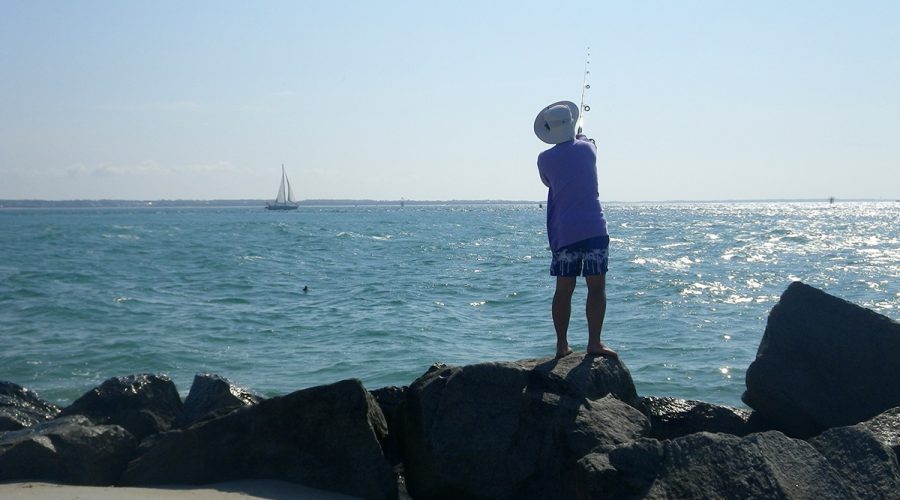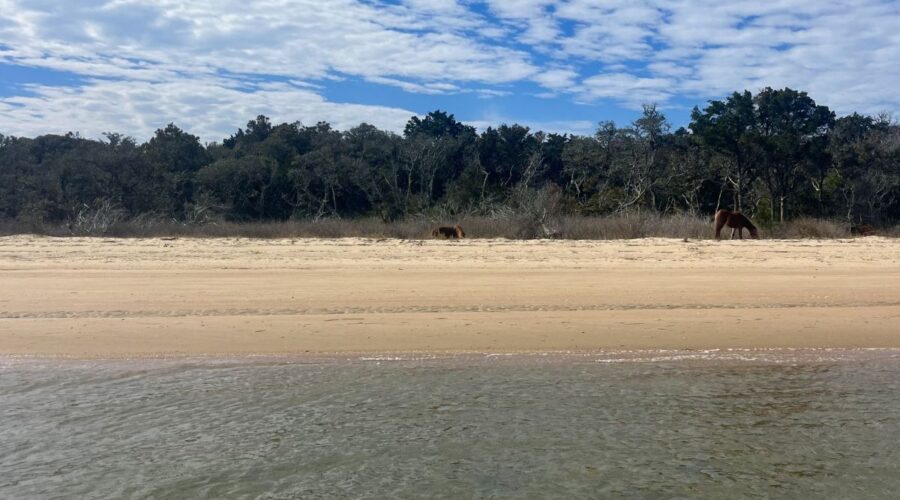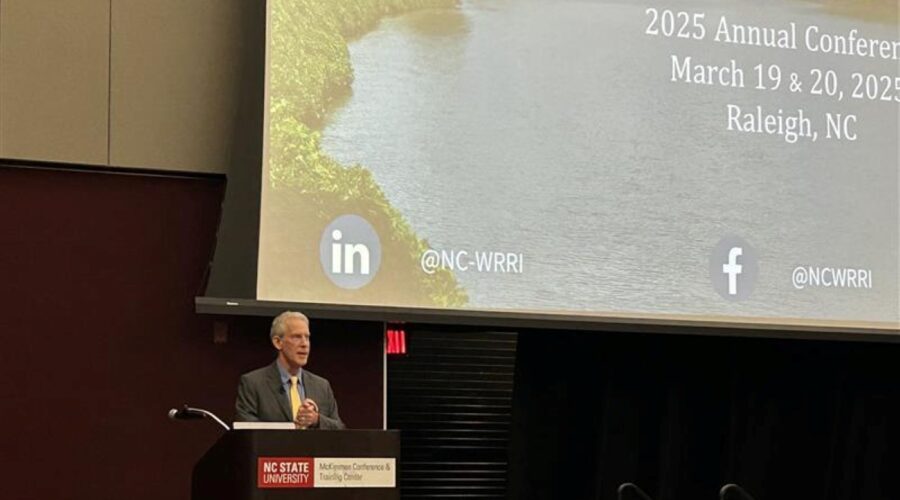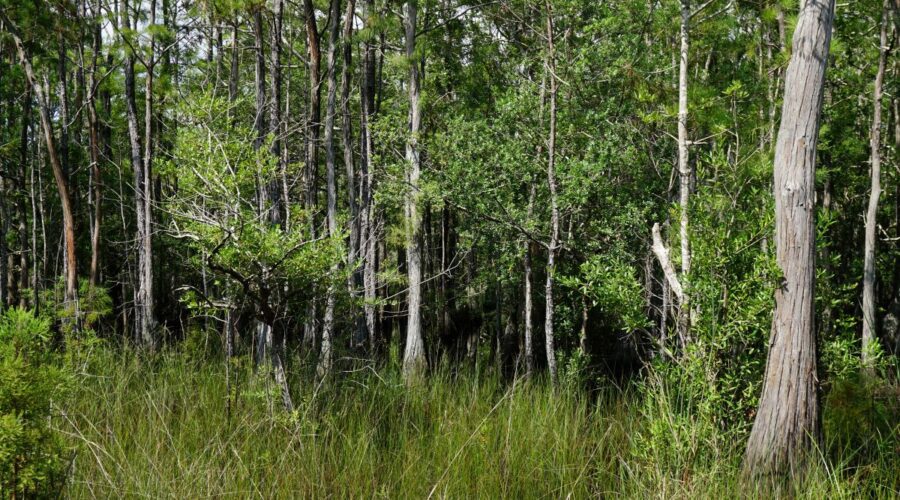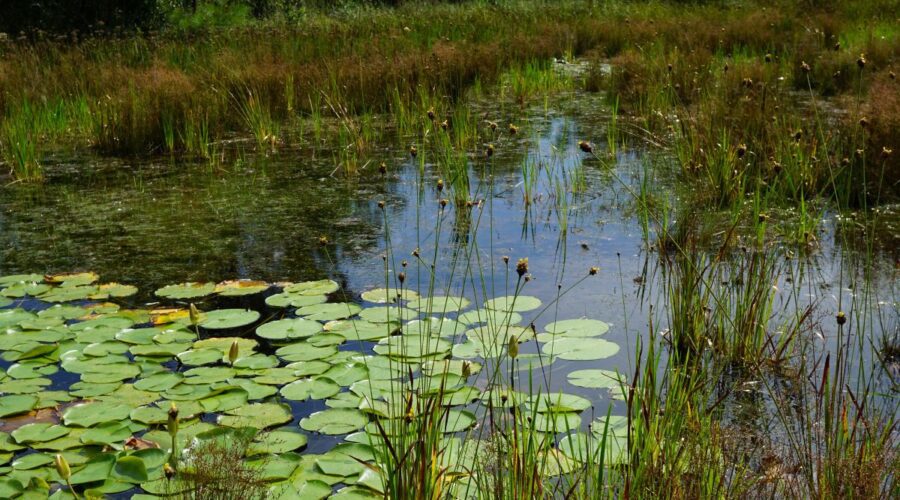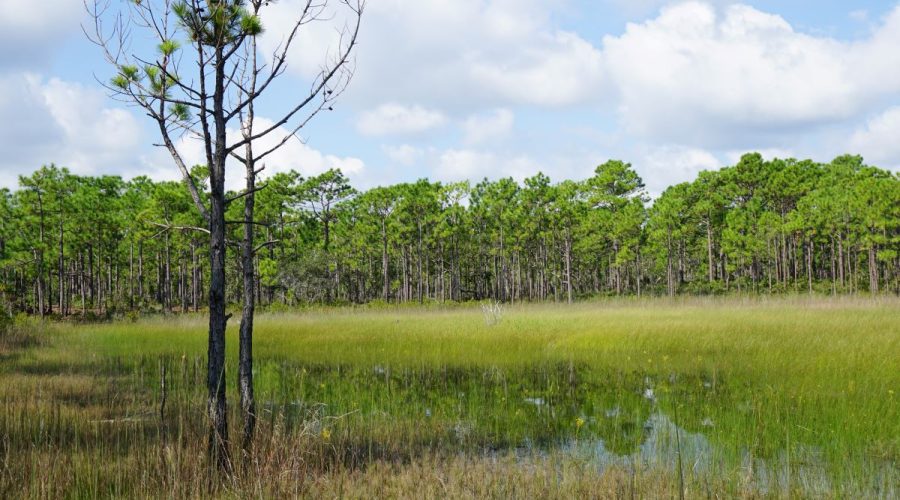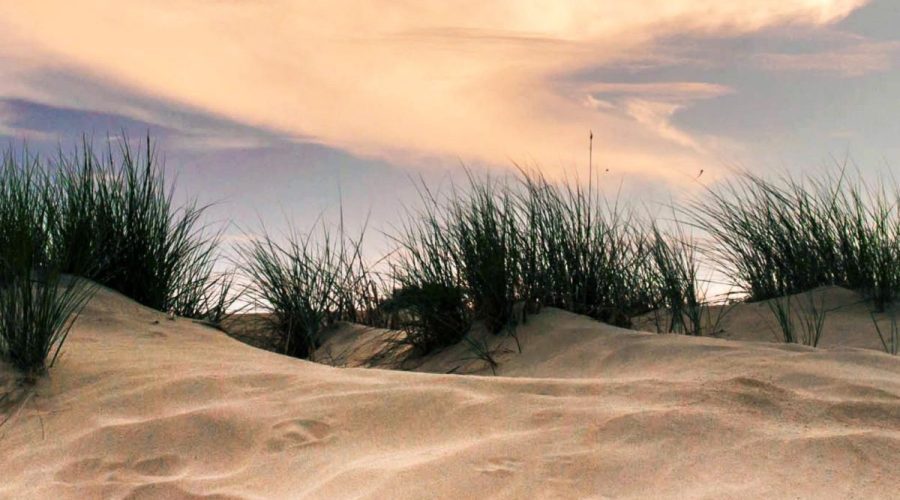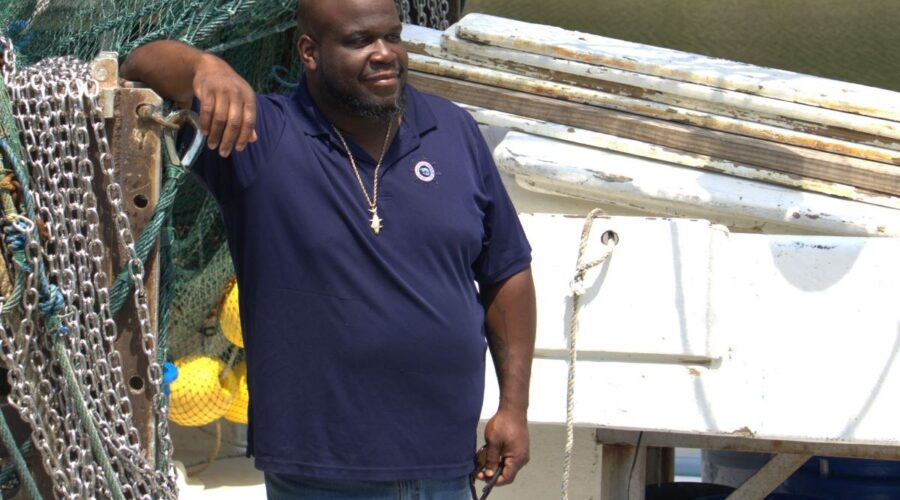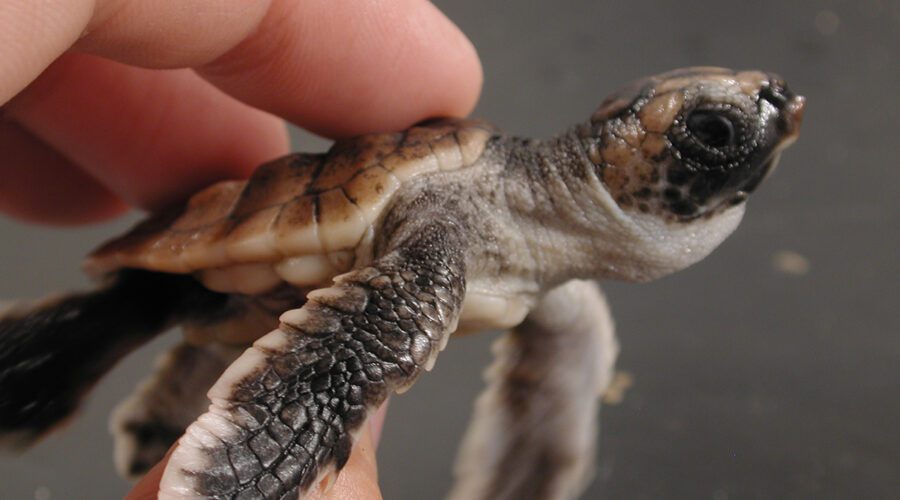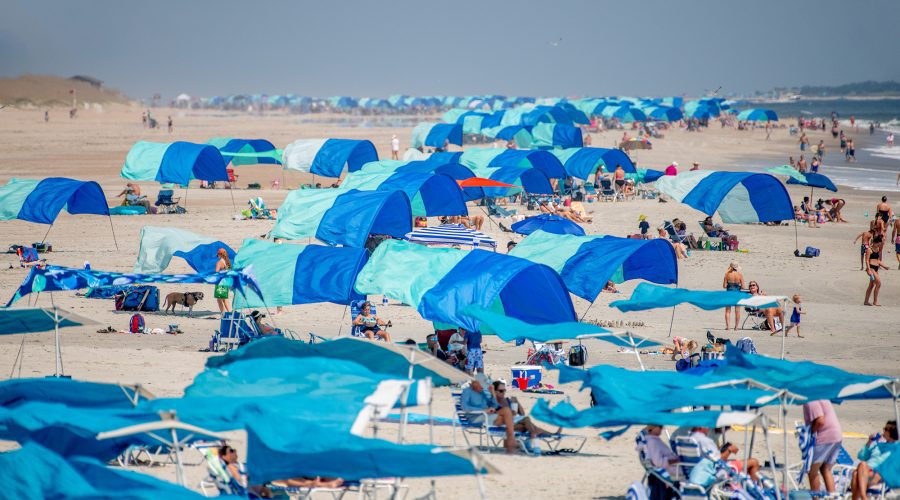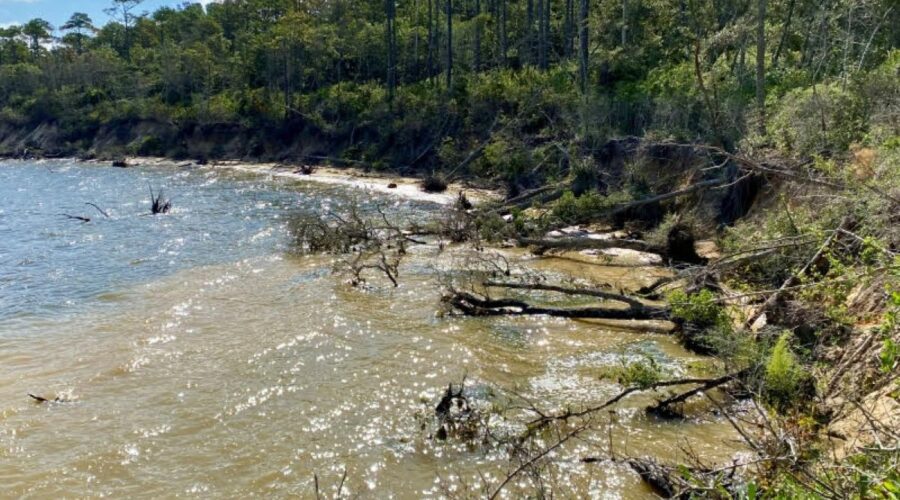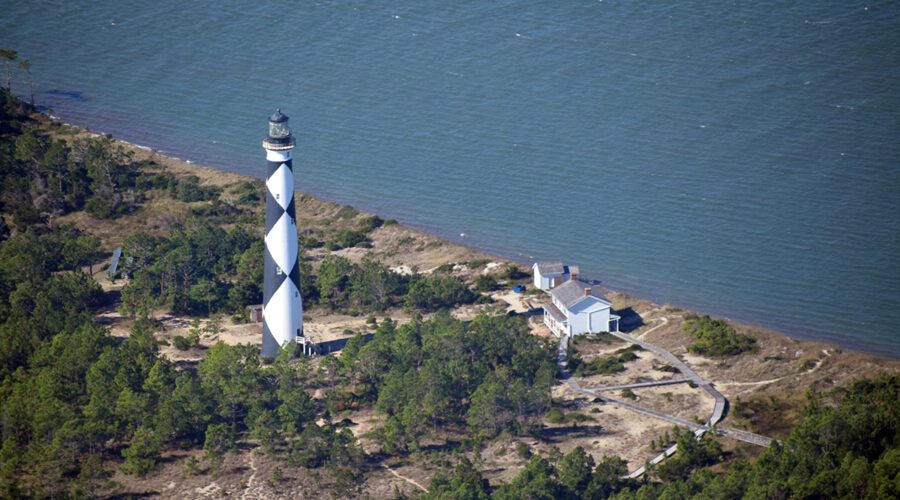The recent shackling of the Environmental Protection Agency “foreshadows the breathtaking descent back into the worst days of our coastal past, when our estuaries, our beaches, our fisheries and the sources of our drinking water were a free-for-all, open to plunder, pillaging and poisoning.”
Agencies set to spread word on mandatory harvest reporting
Division of Marine Fisheries and Wildlife Resources Commission, the two agencies that manage state fisheries, are working to prepare recreational and commercial fishermen for the mandatory harvest reporting rules that are to go in effect Dec. 1.
Ocracoke Carvers Guild readies for 7th waterfowl festival
The celebration of Ocracoke’s waterfowl carving heritage is scheduled for April 11-12 in the Ocracoke School gym.
Documentary film project to focus on Down East resilience
Two University of North Carolina Wilmington professors and their students are creating a documentary about the 13 Carteret County communities in partnership with the Down East Resilience Network.
DEQ chief: Emerging compounds ‘top priority’ for state
N.C. Department of Environmental Quality Secretary Reid Wilson said addressing PFAS and other emerging compounds is a top priority during the N.C. Water Resources Research Institute’s annual conference Thursday.
NC officials promote joining state government workforce
Last week, NCDEQ officials and staff tried to recruit for the long-understaffed agency during a conference, and the governor’s office announced a website for those displaced due to Hurricane Helene or recent federal cuts.
EPA targets remaining federal isolated wetlands protections
New Environmental Protection Agency Administrator Lee Zeldin said the agency is pursuing a definition for the waters of the United States “that is simple, that is durable and it will withstand the test of time.”
Commission OKs proposed wetlands rule for public comment
The Environmental Management Commission voted during its meeting Thursday to take the next step in the rulemaking process to codify an amendment directed by a 2023 session law to align the state with the federal definition of wetlands.
Commission set to further curb state wetlands protections
The Environmental Management Commission is to consider Thursday moving to public comment with a proposed amendment to align the state’s definition of wetlands with the federal definition, which was narrowed by a May 2023 Supreme Court decision.
Jockey’s Ridge protections one step closer to approval
The Coastal Resources Commission voted to move forward with a public hearing for a proposed permanent rule that would restore the area of environmental concern designation for Jockey’s Ridge in Nags Head.
African Americans in seafood industry heart of new exhibit
The exhibit debuting March 9 on Harkers Island features the ongoing NC Catch initiative that highlights African Americans in the state seafood industry.
Loggerhead Boogie: Captive sea turtles will ‘dance’ for food
University of North Carolina Chapel Hill researchers have found that captive loggerheads could be conditioned to “dance” by associating certain magnetic fields with being fed food.
Bertie native, NCCU dean: Coastal identity a cultural blend
Dr. Arwin Smallwood of North Carolina Central University says in the eastern part of the state particularly, Native, African and European cultures are blended into a shared identity “forged over hundreds of years.”
Researchers to develop heat policy, risk interactive map
Duke’s Heat Policy Innovation Hub has been awarded $500,000 to design a web-based tool that is to help inform heat policies, assess heat risks in rural and coastal communities, and facilitate collaboration.
National Park Service looks to protect Fort Raleigh shoreline
Recognized as the last known location of “the Lost Colony,” officials are considering three different options to stabilize about a mile of shoreline at Fort Raleigh National Historic Site.
Flooded barrier islands, rising mainland risks: USGS study
A new U.S. Geological Survey report finds that accelerating sea level rise and intensifying storms pose a threat to barrier islands like those of the Cape Lookout National Seashore, which the superintendent says confirms what park staff have been observing over the years.


